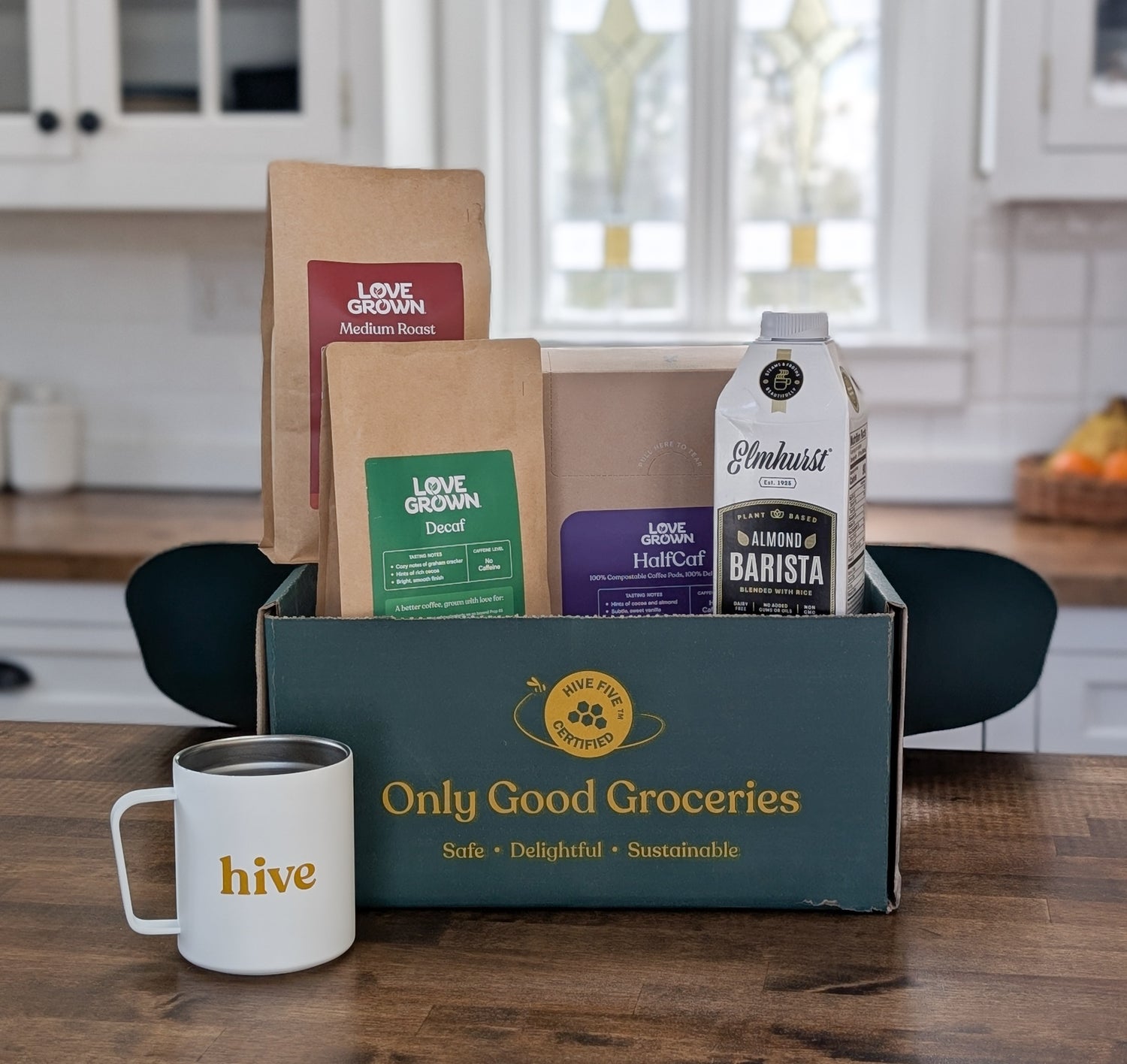Carbon
At this point, you’re probably at least a little familiar with carbon emissions. If not, here’s a quick reminder. Carbon, or more specifically, carbon dioxide (CO2), is considered a “greenhouse gas.” And although just about everything on the planet emits carbon, humans tend to produce a lot of it.
But in addition to offsetting carbon through initiatives like urban forestry and planting trees, people and businesses can also reduce the amount they create. Enter our domestic brands. Take pasta for example. While we’d all love a plate of fresh-from-Italy pasta*, the distance it travels to get to the US can often mean a pretty sizable carbon footprint. Brands like Semolina and Sfoglini, on the other hand, are making their pasta right here, domestically. That means that compared to the pasta traveling across the ocean, they have a smaller carbon footprint.

*Both of our fresh-from-Italy pasta Jovial and bionaturae work hard to reduce their footprint by running on solar power.
Biodiversity
Trees are important. Soil is important. Plants are important. We know this. But the types of plants grown in our soil are equally as important too. For example, the US has plenty of nutrient-rich, diverse heritage grains native to soils and climates across the country. Preserving, breeding, and farming these grains have a lot of benefits.

For example, often it’s easier and less resource intensive to farm plants that are well suited to a particular environment. Not only that, but their natural, non-genetically modified state means the plants themselves are a lot more diverse leading to better tastes, more nutrients, and yes, more biodiversity in their local environments.
Business for Good
There’s a good reason the saying “shop small” is so popular these days. Because small, local, independent businesses really are the lifeblood of communities. And they’re also the most likely to be giving back to their communities, too. A lot of big corporations will make sweeping pledges, but it’s often the people, not the business model, that makes the difference.
Choosing brands founded by people who could easily be your neighbor is like choosing to support a specific community. So many of our brands like Big Spoon Roasters and Women’s Bean Project directly give back to and support their workers and their communities, in addition to themselves. And supporting them can support any number of causes or initiatives in the labor and economic development sectors.

So as you comb through new brands and start picking out new favorite flavors, keep in mind the local, homegrown products that can make a real difference.

